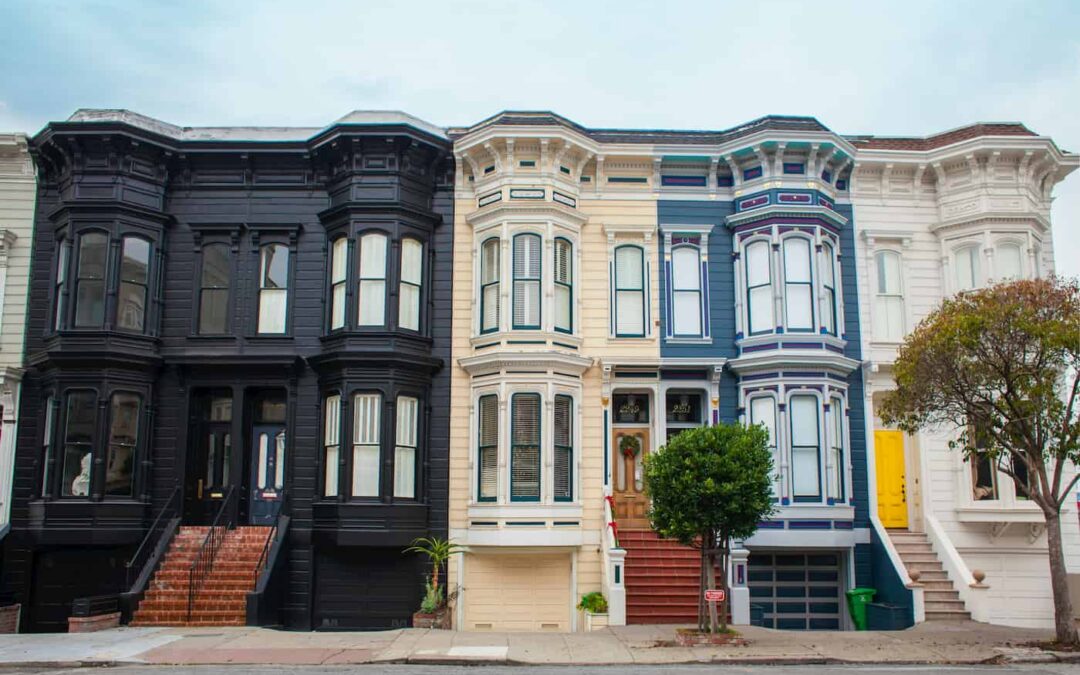Six months in and the COVID-19 pandemic continues to have significant impacts on the Portland housing market. At the beginning of the crisis, local governments passed comprehensive protections for renters and homeowners. These included a statewide eviction moratorium for nonpayment and a foreclosure moratorium for struggling home and business owners. As the pandemic persisted, Home Forward — the organization managing Multnomah County’s Section 8 program — announced that they would not accept rent increases through 2021. More recently, Portland Mayor Ted Wheeler announced an important change to Portland’s relocation assistance law. Effective on September 16th, 2020, any rent increase now triggers required relocation assistance payments.
Previous Relocation Assistance Requirements
Portland’s relocation assistance law was already revolutionary when the city council passed it a few years back. The law outlined several conditions whereby landlords would be required to provide tenants with a relocation payment. Tenants would, in turn, use these payments to secure other housing. The conditions included:
- A no-cause eviction.
- Non-renewal of a lease.
- One of four qualifying landlord reasons which are outlined here.
- Rent increase of 10% or more.
- Substantial changes in lease terms.
Under the first three conditions, landlords must provide tenants with written notice 90 days before their lease ends. Then, 45 days before the lease ends, landlords must issue a relocation payment. In the case of a rent increase, or significant changes in lease terms, the law requires landlords to notify tenants. A tenant can either choose to accept the new terms or provide the landlord notice of their intent to move within 45 days of receiving the updated terms. At that time, tenants must also request a relocation payment, which the landlord has 31 days to pay.
Relocation assistance payment amounts vary depending on the size of the home.
- Studio or single-room occupancy: $2,900
- 1 bedroom: $3,300
- 2 bedroom: $4,200
- 3 bedroom: $4,500
The law also came with severe penalties. Landlords who fail to comply are liable to the tenant for an amount up to 3 times the monthly rent. They could also be forced to pay actual damages, relocation assistance, and reasonable attorney fees and costs.”
Updated Relocation Assistance Requirements
On September 16th, Portland Mayor Ted Wheeler made a significant alteration to the relocation assistance law. Effective immediately, any rent increase — even those below 10% — now triggers a relocation assistance payment. In Mayor Wheeler’s press release, he explained the change by citing the importance of stable housing in public health.
“We are in the midst of a pandemic, and we need to do everything we can to keep Portlanders in their homes,” Mayor Wheeler said. “Simply put, this is a public health issue. Stable housing is the foundation of health, and this relief measure will help protect Portland renters through the worst of this crisis.
According to Wheeler, this change is temporary and will extend through March 31st, 2021. The updated law also addresses rent increases issued before September 16th, 2020. According to the new rules, if a tenant has already received notice of a rent increase that would take effect between September 16th, 2020 and March 31st, 2020, they have 45 after receiving the increase notice or until September 30th, 2020, whichever is longer, to request relocation assistance. The landlord may then issue a written notice rescinding the rental increase and refund any additional rent paid. The landlord will then be relieved of their obligation to pay relocation assistance, so long as they issue the notice and refund within 30 days of receiving the client’s request.
Multnomah County Eviction Moratorium Extended
In another recent move that will undoubtedly impact local investment property owners, The Multnomah County Board of Commissioners voted to extend its residential eviction moratorium until January 8th. Back in March, the county initially issued its first eviction moratorium, but later adopted more expansive rules issued by the state. However, the state ban expires on September 30th, and there’s no indication yet that the legislature plans on giving an extension. So, in lieu of state action, Multnomah County elected to issue its own extension
The county’s eviction moratorium prevents landlords from evicting tenants because they can’t pay rent. The law doesn’t cancel rent. Instead, the county moratorium gives tenants until July 8th, 2021, to pay back their outstanding balances. If Oregon doesn’t amend its moratorium before the end of the month, renters living outside Multnomah County who are not paying rent could soon face eviction. Those effects could be far-reaching. According to a recent survey, “more than 1 in 3 … Oregon renters surveyed have failed to pay their full rent during the pandemic and cannot afford to pay what they still owe.
Update: In late December 2020, Oregon extended it’s eviction moratorium through July 1st, 2021.
A Dynamic Market
With all the changes this pandemic has brought, Oregon’s rental market continues to be dynamic. During times of uncertainty and change, it’s helpful to have experienced experts by your side. Our team can help you manage all aspects of your rental, including screening, placement, rent collection, and maintenance and repair. We can also use our long experience to offer guidance that will help you make decisions about your rental to maximize your return on investment.
If you’d like to learn more about how we help property owners contact us today. We’re available by phone at (503) 515-3170, or you can email us using the contact form on our website. If you’re a current client wondering how the new rental assistance laws and extended eviction moratorium will affect you, please call (503) 430-8006. While it’s impossible to predict the future, we can guarantee that Rent Portland Homes by Darla Andrew will continue supporting our clients.


Recent Comments